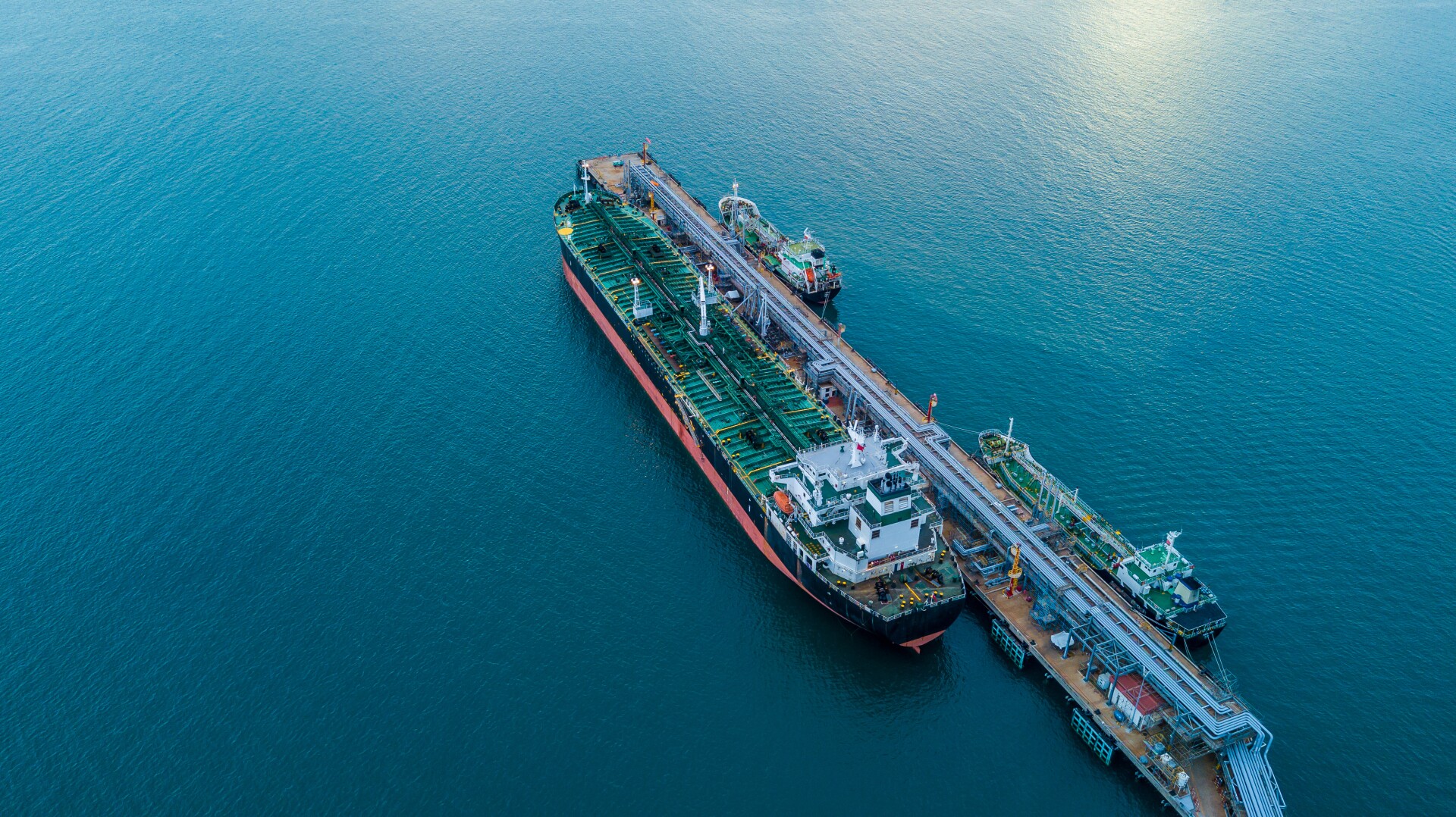A long-awaited decree signed by President Vladimir Putin this week prohibiting Russian oil exports to countries working under the G7 price cap was perceived as anticlimactic, and even an announcement last week of a possible decline in 2023 production failed to rouse markets.
The ban — forbidding "supplies of Russian crude and oil products to foreign legal entities and individuals under the contracts that directly or indirectly envisage the application of mechanisms of fixing the ultimate price" — will take effect from Feb. 1 for an initial period of five months while the government develops requisite regulations for enforcement and monitoring. Kremlin spokesman Dmitry Peskov said the ban applies not only to new contracts but those already signed if they reference a price cap.
Two weeks of discussions on a coordinated response, which had included a number of tough countermeasures — such as setting up a price floor for Russian oil sales and creating a unified seller for all oil exports — delayed the much-awaited decree.
Moscow sees the main danger of the price cap in how it disrupts market principles, and the government doesn't want to use non-market measures in response, experts explain. They say the decree is formulated in a very reasonable way and facilitates Russia's oil exports to global markets.
In fact, the decree allows Putin to make exemptions, which is important since it gives Moscow room for maneuvering, Russian analysts say.
Production Cuts
Russia is hoping that it can redirect lost sales to countries prepared to buy Russian oil at market prices. Deputy Prime Minister Alexander Novak said last week that Russia would be willing to cut production if it were to face insufficient demand for its crude. He said Moscow hoped to avoid such a scenario by selling more to "friendly" countries, but he acknowledged that a temporary cut of 500,000 barrels per day-700,000 b/d might be necessary.
Russia is currently producing 10.9 million b/d of crude oil and gas condensate. Output for the whole of 2022 is estimated at 535 million metric tons (10.73 million b/d), a 2% increase from 2021, Novak said.
According to Peskov, Russia hasn't consulted with Opec-plus on Moscow's ban on exports to price cap-complying countries. He noted though that Novak is in constant contact with alliance members.
Ideally, Russia would like to avoid a production cut, but this could be tricky following the Feb. 5, 2023 price cap on oil products, the marketing of which is more complex. Russia may have to cut refining volumes, which this year will amount to 272 million tons (5.45 million b/d), already a 2.7% decline from 2021.
Importantly, Moscow would like to export crude volumes that domestic refiners will no longer take. The alternative is to slash production. Ultimately, the choice will depend on the ability of oil companies to market their barrels.
Market sources confirm that there was an idea, reportedly drafted by Rosneft, of marketing all exports via a single trader. However, the prevailing view is that this would only be workable through contracts if one company decides to transfer its export volumes to another for the sake of efficiency. In fact, this is something already happening, market sources confirm.
The price cap has increased the discount for Russian oil, but Novak is sure that in about four months this differential will decrease again as it had earlier this year. Discounts for Russian oil to dated Brent reached some $40/bbl in April-June but then narrowed to some $20/bbl late summer, only to grow again to $35 in recent weeks.
Investment Plans
While aiming for greater oil exports, Russia has been expanding infrastructure. According to Novak, free port capacities currently amount to 35 million tons-40 million tons. He said that works are underway for further expansion and could be completed in three years.
Crude oil exports will amount to 242 million tons this year (4.85 million b/d), a 7.5% growth on 2021, Novak said.
Exports of petroleum products, meanwhile, will comprise approximately 2.7 million b/d, according to Energy Intelligence's data.
Investments in Russia's oil and gas industry are not expected to fall in 2023, according to Novak.
In the first 10 months of 2022, upstream oil investments amounted to 1.4 trillion rubles ($20 billion), compared with 1.5 trillion rubles in 2021. "This means that by the end of this year, the figure will be higher," the minister said in an interview with the Tass news agency.
In the gas industry, investments by Gazprom alone are expected to come in at nearly 2 trillion rubles ($29 billion) for 2022 and grow to a record 2.3 trillion rubles next year, he said.
